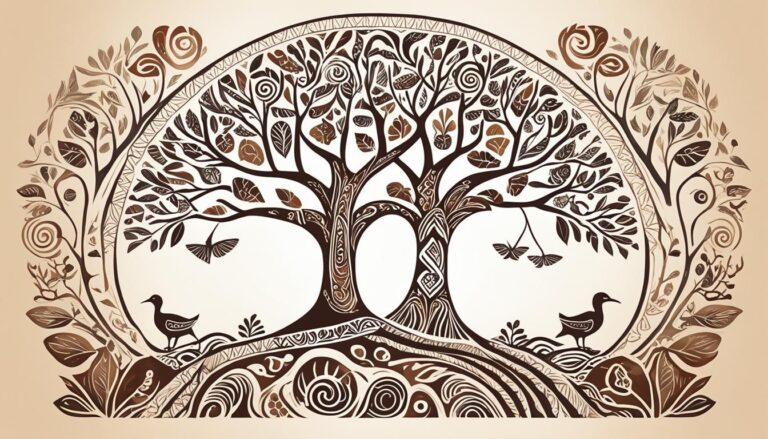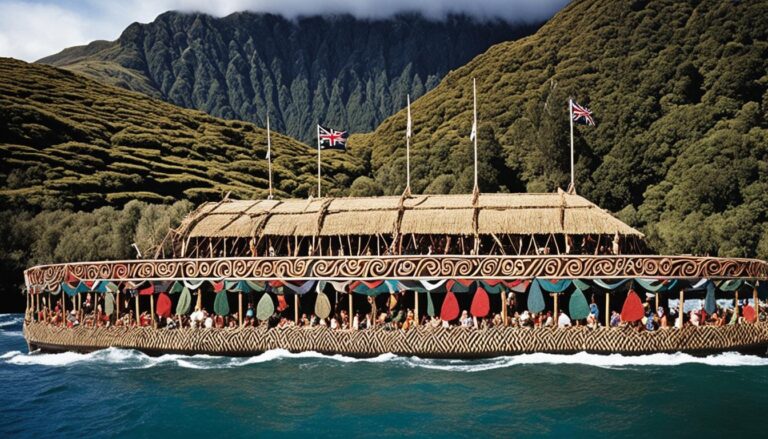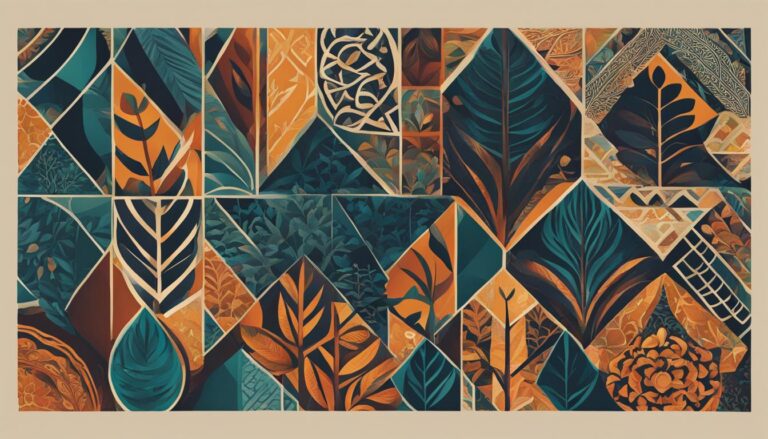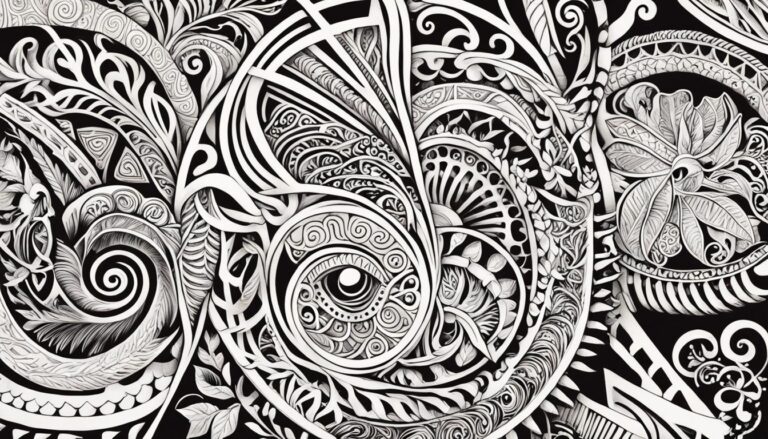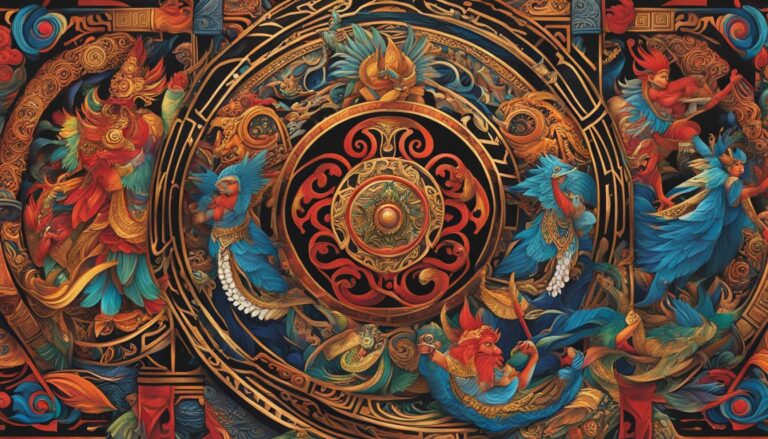
Uruta Maori
Your ultimate destination for exploring the rich and vibrant culture of the Maori people

About
Uruta Maori, your digital gateway to the vibrant world of Maori culture. Dive into the heart of Aotearoa (New Zealand) as we explore the rich tapestry of Maori traditions, history, and celebrations. From ancient customs to modern expressions, our blog is your go-to resource for unlocking the beauty and depth of Maori heritage.
Explore Maori Culture
Delve into the fascinating world of Maori culture through engaging articles, insightful stories, and captivating visuals. Learn about traditional Maori art forms, delve into the meanings behind iconic symbols, and uncover the spiritual significance woven into every aspect of Maori life.


Discover Maori History
Journey through time as we uncover the intriguing history of the Maori people. From the legendary migrations of the waka (canoe) to the enduring spirit of resilience and adaptation, explore the captivating tales that have shaped Maori identity over centuries.
Our Blog
What Percentage Of NZ Is Maori
Welcome to our article on the percentage of NZ Maori in New Zealand. In this section, we will explore the population statistics of the NZ…
When Did Maori Arrive In NZ
In this article, we will embark on a captivating journey through time to explore the arrival of the Maori people in the breathtaking landscapes of…
How Long Have Maori Been In NZ
Welcome to our exploration of the rich history and enduring presence of the Maori in New Zealand. From ancient times to the present day, the…
How To Speak Maori
Welcome to our guide on how to speak Maori, the indigenous language of New Zealand. Immerse yourself in the beauty of Maori culture and language…
What Is A Maori?
In this section, we will explore the definition and background of the Maori people, who are the indigenous Polynesian population of New Zealand. The Maori…
Who Are The 7 Māori Gods
Welcome to our exploration of the fascinating pantheon of the 7 Māori Gods, an integral part of New Zealand’s indigenous culture. As we dive into…


